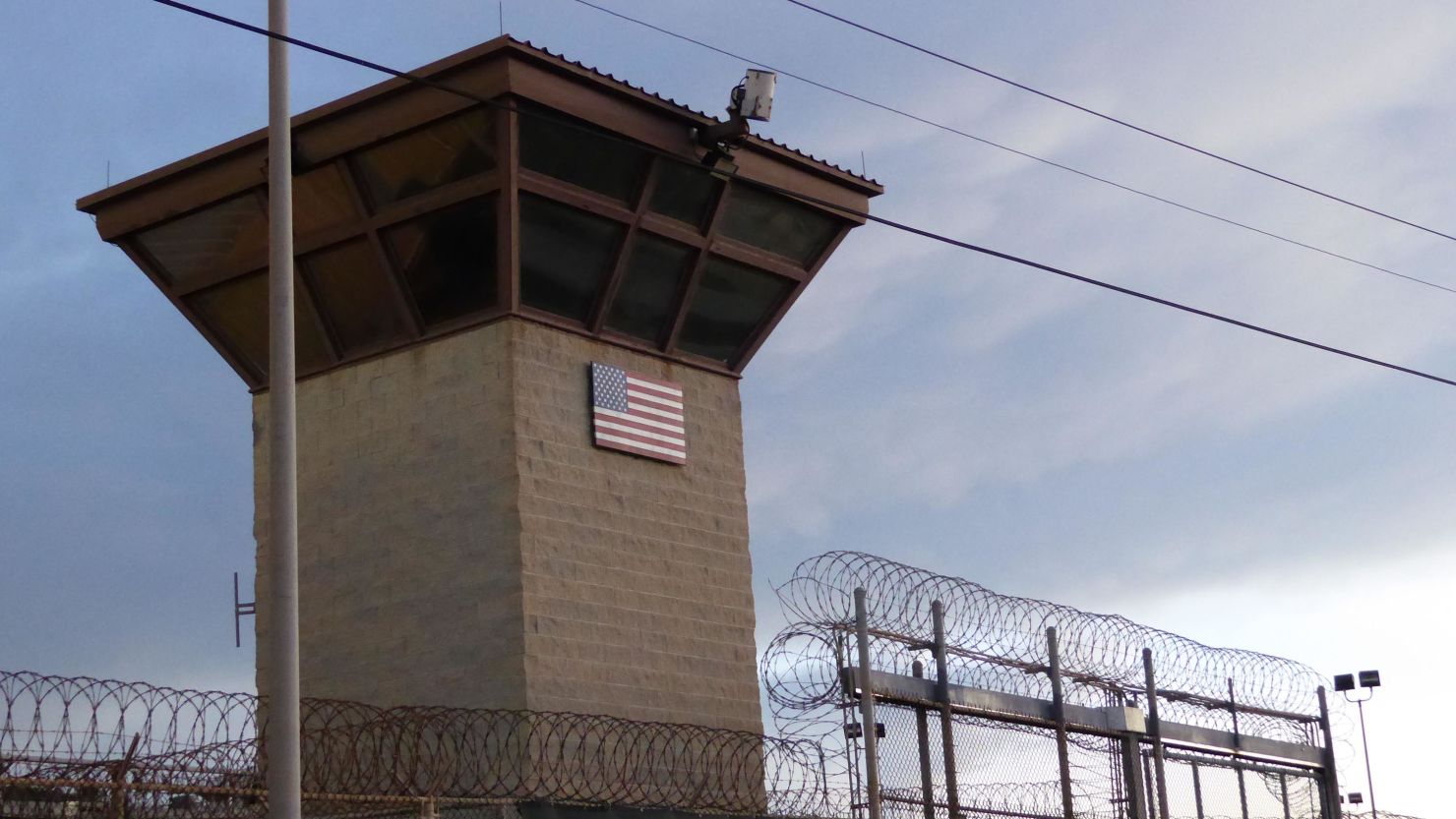The US government is set to transfer a detainee from the detention facility in Guantanamo Bay, Cuba who authorities once alleged was an al-Qaeda operative who planned to be the “20th hijacker” on 9/11 but failed to board United Airlines Flight 93, which crashed in rural Pennsylvania.
After his capture nearly two decades ago, Mohammed al-Qahtani was imprisoned, tortured by the US government and – when charges against him were dropped in 2008 – left to languish behind bars.
CNN previously reported that al-Qahtani’s lawyers said he is severely mentally ill, battling schizophrenia, depression and post-traumatic stress disorder as a result of his torture. They have waged a protracted legal battle for al-Qahtani’s repatriation to Saudi Arabia.
On Friday, the Periodic Review Board, a government entity established during the Obama administration to determine whether detainees at the facility were guilty, recommended repatriating al-Qahtani to a mental health facility in Saudi Arabia.
The board “determined that continued law of war detention of the detainee is no longer necessary to protect against a continuing significant threat to the security of the United States,” according to public documents.
The board said in a filing posted on its website that it “recognizes the detainee presents some level of threat in light of his past activities and associations,” but the board believes “the threat the detainee presents can be adequately mitigated.”
“The Board understood that Saudi Arabia can provide comprehensive mental health care, and the Board noted Saudi Arabia’s ability to monitor the detainee after completion of the rehabilitation program. Also, the Board considered the detainee’s significantly compromised mental health condition and available family support,” the final determination report said.
The board recommended certain conditions of al-Qahtani’s repatriation to Saudi Arabia, such as a “comprehensive set of security measures including monitoring and travel restrictions.”
The New York Times first reported the board’s recommendation.
Al-Qahatani’s attorneys, Shayana Kadidal and Luna Martinez with the Center for Constitutional Rights, said in a statement, “He belongs in a psychiatric facility in his home country of Saudi Arabia, not in a prison.”
“Despite the severity of his illness, Mohammed has never posed a risk to anyone but himself. In recent years the voices in his head have increasingly told him to harm himself—by doing things like swallowing broken glass and not disclosing it to his doctors—making his transfer out of Guantánamo an urgent matter,” they said. “We are hopeful that Mohammed’s torment will be lessened when he is in the care of trusted psychiatrists who speak his native language, far from the scene of his torture, and where he can receive vital support from his family.”
CNN reported last month that at least five other detainees who were at Guantanamo for more than a decade had been cleared for release. The decision on their release came as the prison marked 20 years since it was opened under President George W. Bush a few months after the September 11 terrorist attacks.
President Joe Biden has said publicly that he wants to close the detention facility, and the National Security Council is undergoing a review of the facility “to determine the way forward,” Pentagon spokesman John Kirby said during a news briefing last month.




